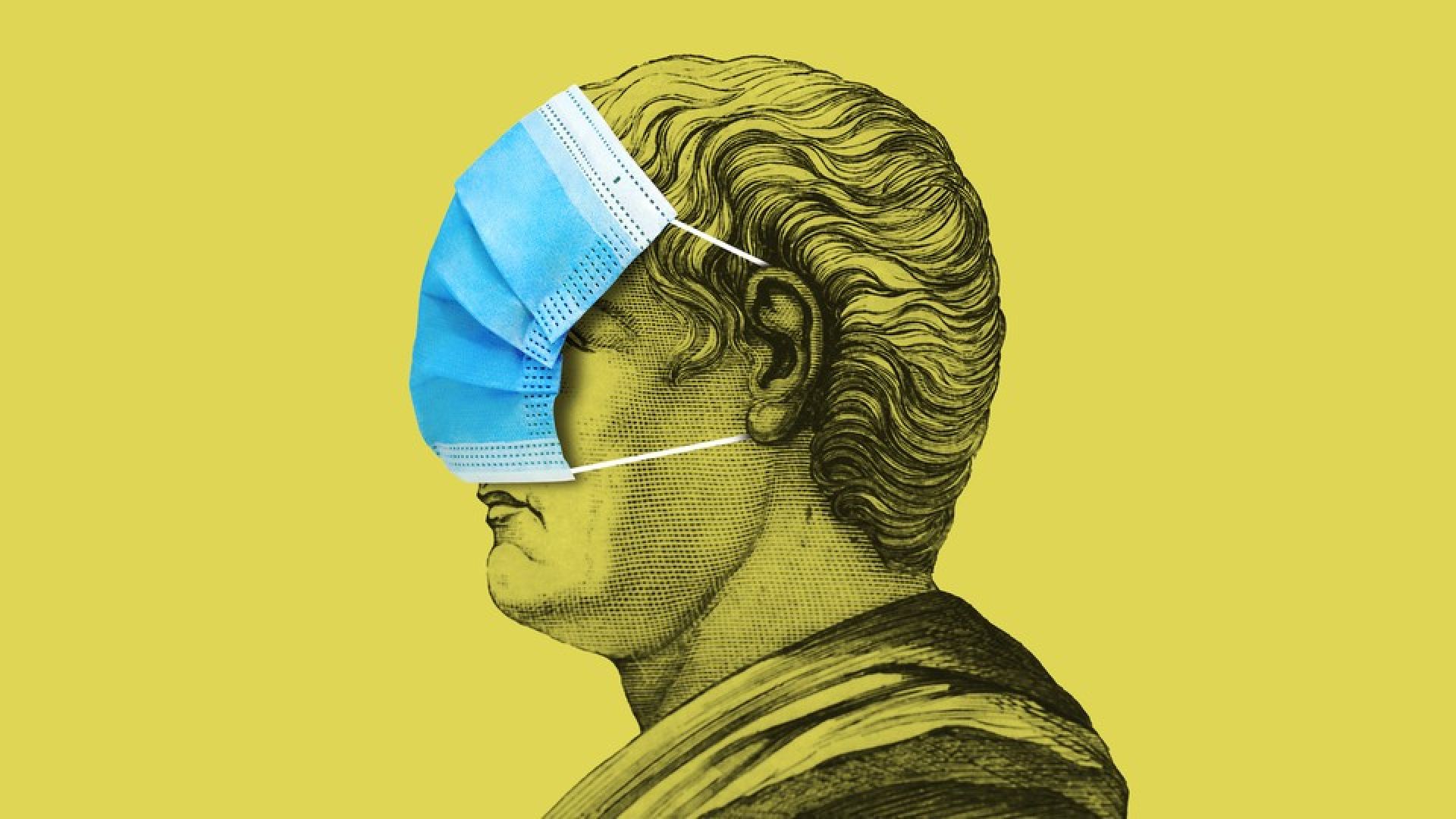The anti-vaccine movement in response to the implementation of inoculation during the COVID-19 pandemic is one of many instances in history where we see society holding an anti-science stance. Only 70% of American adults have received at least one of the bivalent COVID vaccines available, with even fewer keeping up with their booster shots. One of the earliest instances of society reeling against science was the battle between the heliocentric versus the Earth-centric model of the universe. Originally proposed in the 3rd century BC by philosopher Aristacus, again by Copernicus, and further substantiated by Galileo in the early 17th century, the idea of a Sun-centered universe was shunned by society despite the scientific corroboration for theory. It took the culture nearly 300 years after Copernicus’ notable theory was published after his death to accept his word as truth. This is not always the case, as scientific discoveries such as the invention and implementation of anesthesia/analgesia for surgery are readily supported if they have readily perceivable benefits. Antiseptic also had a rocky claim to acceptance, as Dr. Holmes Jr. purported that lack of hygiene during delivery led to puerperal fever after childbirth in mothers. He was decried by society and his peers who attributed the infection to bad luck. Dr. Semmelweis of Vienna corroborated Holmes’ theory, claiming that doctors were performing autopsies and not washing their hands after- infecting other patients. Infamously, inoculation has been contested since its arrival in the American medical world. Originally existing in the Middle East, Asia, and Africa, inoculation was presented as a solution to the many smallpox epidemics in the US. Despite refinements of the inoculation process and invention of vaccination, the movement has taken route in American culture. Some reasons for vaccine hesitancy include an apocryphal link between vaccines and autism, skepticism of scientific expertise, and a fear that the vaccine will make you sick.


